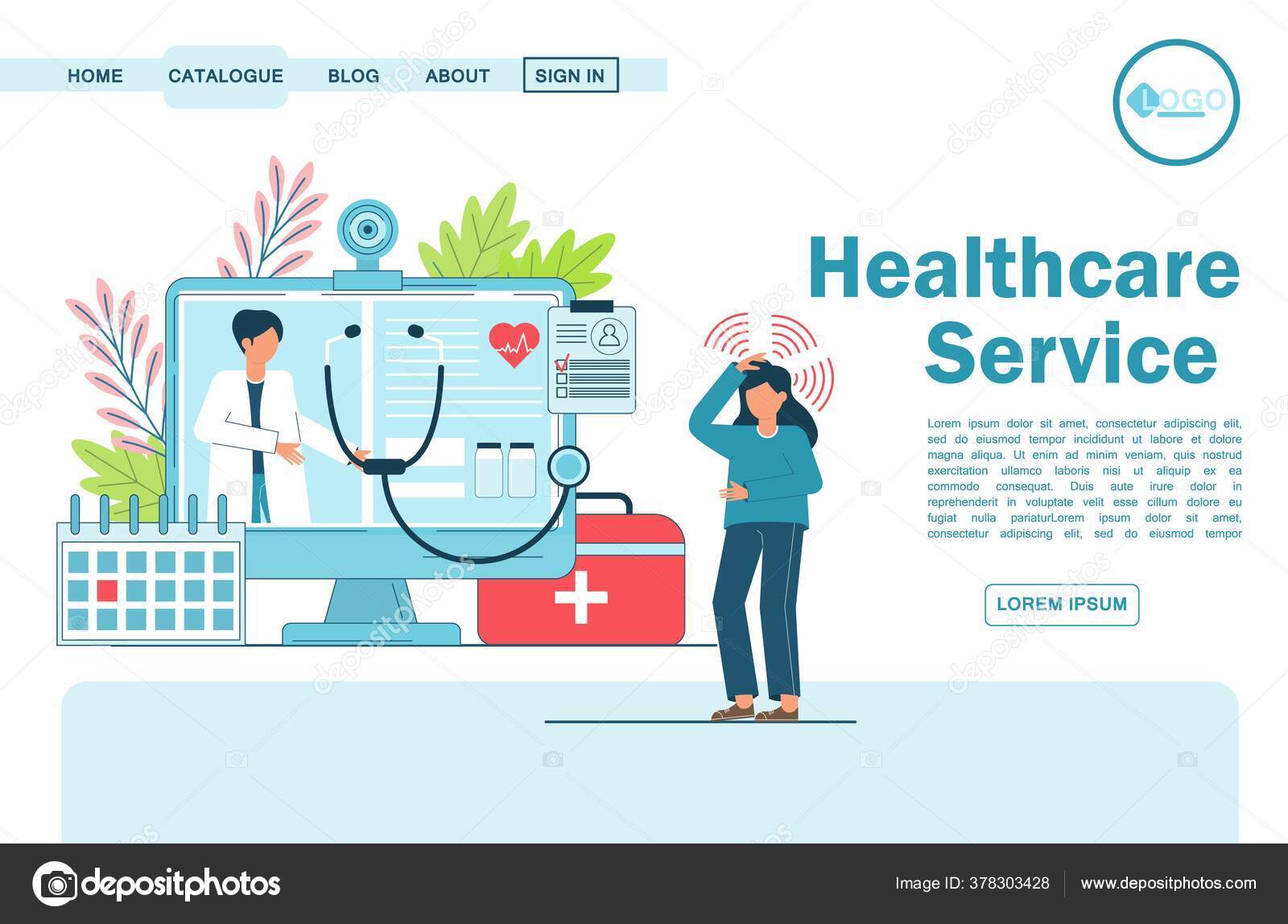How Subscription Based Healthcare is Changing Patient Accessibility to Services
How Subscription Based Healthcare is Changing Patient Accessibility to Services
Blog Article
Navigating the Future of Medicine With Subscription-Based Health Care Services
As the healthcare market progresses, subscription-based services become a crucial design promising to reshape person treatment delivery. With the prospective to supply streamlined, cost-effective options through predictable rates and personalized interest, these services stand at the forefront of modern-day clinical innovation. As we consider their rise, one need to contemplate the implications of integrating such systems into existing healthcare frameworks. What difficulties do they pose in terms of information security and equitable accessibility, and exactly how might they redefine the patient-provider connection? The response to these inquiries could essentially modify our method to healthcare.
Increase of Membership Health Care
As health care systems all over the world face raising pressures from rising prices and need for solutions, the arrival of subscription-based medical care models has become a transformative pattern. This innovative technique is interrupting conventional medical care distribution by providing a foreseeable, flat-rate payment framework for medical services. Rooted in the concepts of attendant medicine, subscription-based medical care enables companies to concentrate on personalized person care while concurrently handling functional effectiveness.
The boosting customer need for openness and predictability in health care expenditures has driven the change in the direction of this model. Subscription-based services often provide direct accessibility to medical care professionals, which can decrease the management concerns linked with insurance coverage claims and repayments.
This version is gaining grip among diverse medical care companies, from health care medical professionals to specialized centers, by straightening financial incentives with constant and preventive treatment. By moving the focus from quantity to value-based care, subscription medical care has the prospective to reshape the landscape, fostering a more patient-centered and sustainable strategy to health and wellness management.
Benefits for People

In addition, subscription-based solutions typically stress preventive treatment, motivating regular check-ups and health and wellness screenings. This aggressive strategy can cause early discovery of health concerns, potentially boosting end results and lowering long-lasting healthcare prices for people. Such models usually offer clear pricing, allowing people to better understand their health care expenditures and avoid unexpected medical costs.
The customized nature of subscription-based healthcare additionally enhances person experience. People can receive tailored healthcare strategies that fit their specific needs, promoting an extra patient-centric approach.
Technology's Function in Transformation

Fabricated knowledge (AI) plays a vital function in anticipating analytics, aiding in very early diagnosis and tailored treatment plans. AI formulas analyze huge datasets to recognize patterns that may be neglected by human monitoring, thus improving clinical decision-making. In addition, digital wellness records (EHRs) simplify individual info administration, making certain connection and coherence of care across numerous services and providers.
Blockchain innovation boosts information security and personal privacy, important for preserving patient rely on digital systems. It makes it possible for protected and transparent purchases of clinical data, making certain that delicate information stays protected. With the assimilation of artificial intelligence and AI, blockchain can automate complex healthcare processes, decreasing administrative burdens.
Obstacles and Considerations
While technology drives the abilities of subscription-based medical care services, it additionally introduces a collection of difficulties and considerations that must be dealt with to guarantee successful implementation. One significant difficulty is the equitable ease of access of these solutions.
Information privacy and protection represent an additional essential factor to consider. Subscription-based services frequently entail the collection and storage space of large amounts of individual health and wellness info. Suppliers must stick to rigid data protection regulations to preserve individual depend on and avoid unapproved gain access to, which can result in considerable moral and legal repercussions.
Moreover, the sustainability of subscription models presents a difficulty. As medical care needs progress, preserving a cost-efficient balance between membership costs and solution top quality is important to protect against individual discontentment and attrition. Incorporating these services within traditional medical care systems calls for smooth interoperability in between systems, which is often a complex and resource-intensive undertaking. Attending to these challenges is necessary as subscription-based healthcare services proceed to evolve and broaden.
Future Effects for Medication
Subscription-based healthcare services are positioned to significantly affect the future landscape of medication by improving how care is accessed and provided. These models supply the prospective to equalize health care gain access to, giving people with even more prompt and personalized treatments. By leveraging innovation, such as telemedicine and information analytics, membership services can promote continual surveillance and customized health management, therefore improving results and minimizing the worry on typical health care systems.
As these services gain grip, they might boost a shift in the direction of preventative treatment, stressing the relevance of very early discovery and management of persistent conditions. This aggressive technique might ultimately decrease health care prices by reducing the need for costly therapies developing from late-stage condition Visit Website monitoring. Subscription models use a scalable option to resolve differences in healthcare accessibility, specifically in underserved or country populaces.
Nonetheless, the change in the direction of subscription-based models requires resolving honest and regulatory considerations, consisting of information privacy and equitable browse around this site gain access to. As the market progresses, collective initiatives between policymakers, innovation designers, and doctor will certainly be crucial to developing robust structures that secure person passions while fostering innovation. Ultimately, these solutions assure to contribute substantially to a much more efficient, patient-centered health care community.

Conclusion
Subscription-based health care solutions represent a considerable evolution in the medical field, providing foreseeable prices and individualized care that boost access and prioritize precautionary procedures. Technological improvements, such as telemedicine and AI-driven analytics, facilitate customized individual experiences, enhancing overall health results. Obstacles such as data privacy and fair accessibility need to be dealt with to make certain the prevalent advantages of these solutions. As the medical care landscape evolves, registration models are poised to play a crucial function in forming the future of medicine.
As the medical care industry evolves, subscription-based services arise as a critical version guaranteeing to improve client treatment shipment.As health care systems around the world face raising stress from climbing prices and demand for solutions, the arrival of subscription-based healthcare models has actually arised as a transformative trend (subscription based healthcare).With the rise of subscription-based healthcare versions reshaping standard health care delivery, people are starting to experience significant benefits from this ingenious approach. As healthcare requires advance, preserving a cost-effective equilibrium in between subscription charges and service top quality is crucial to stop person frustration find and attrition.Subscription-based health care services are poised to substantially affect the future landscape of medicine by improving how care is accessed and delivered
Report this page